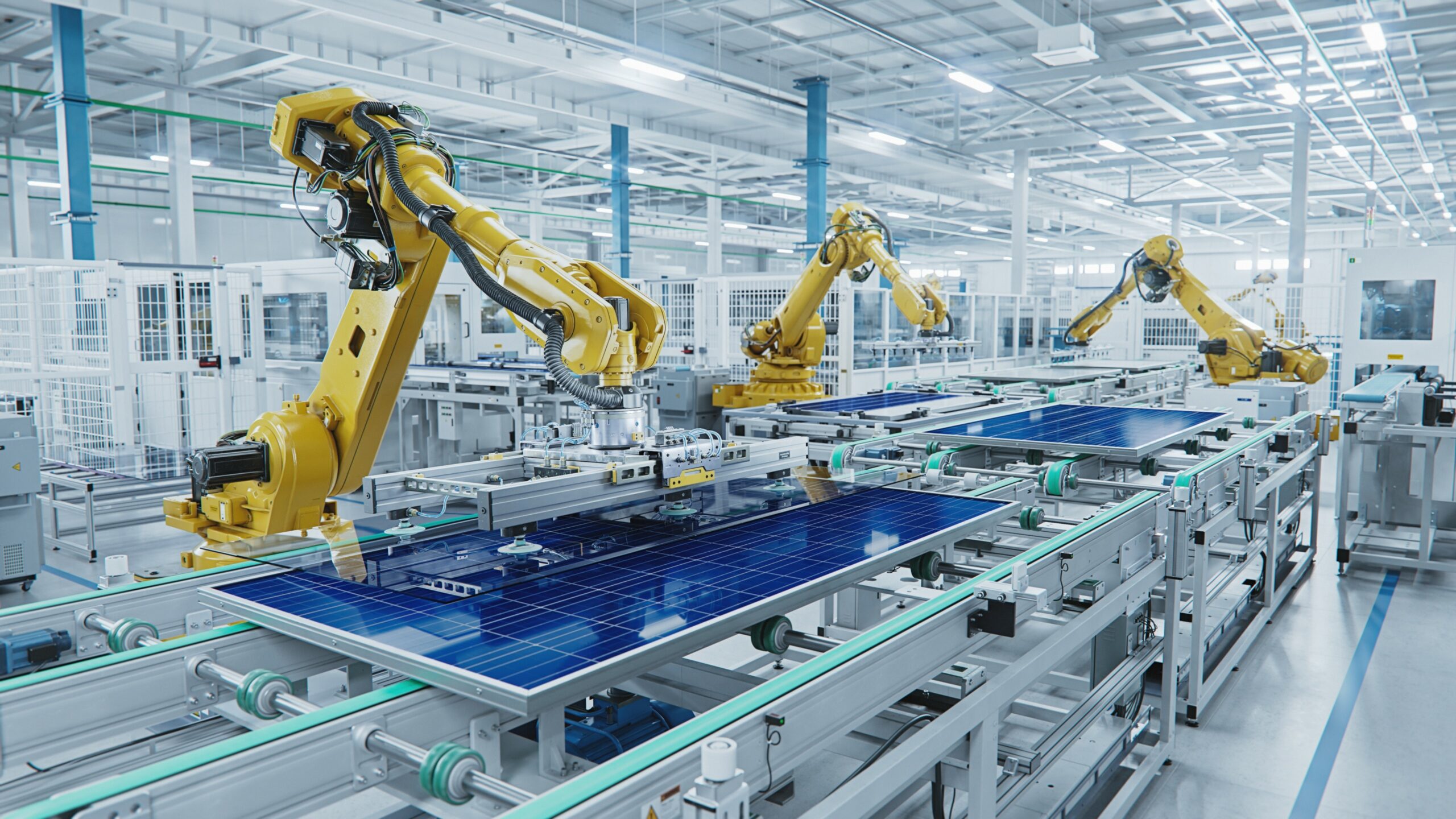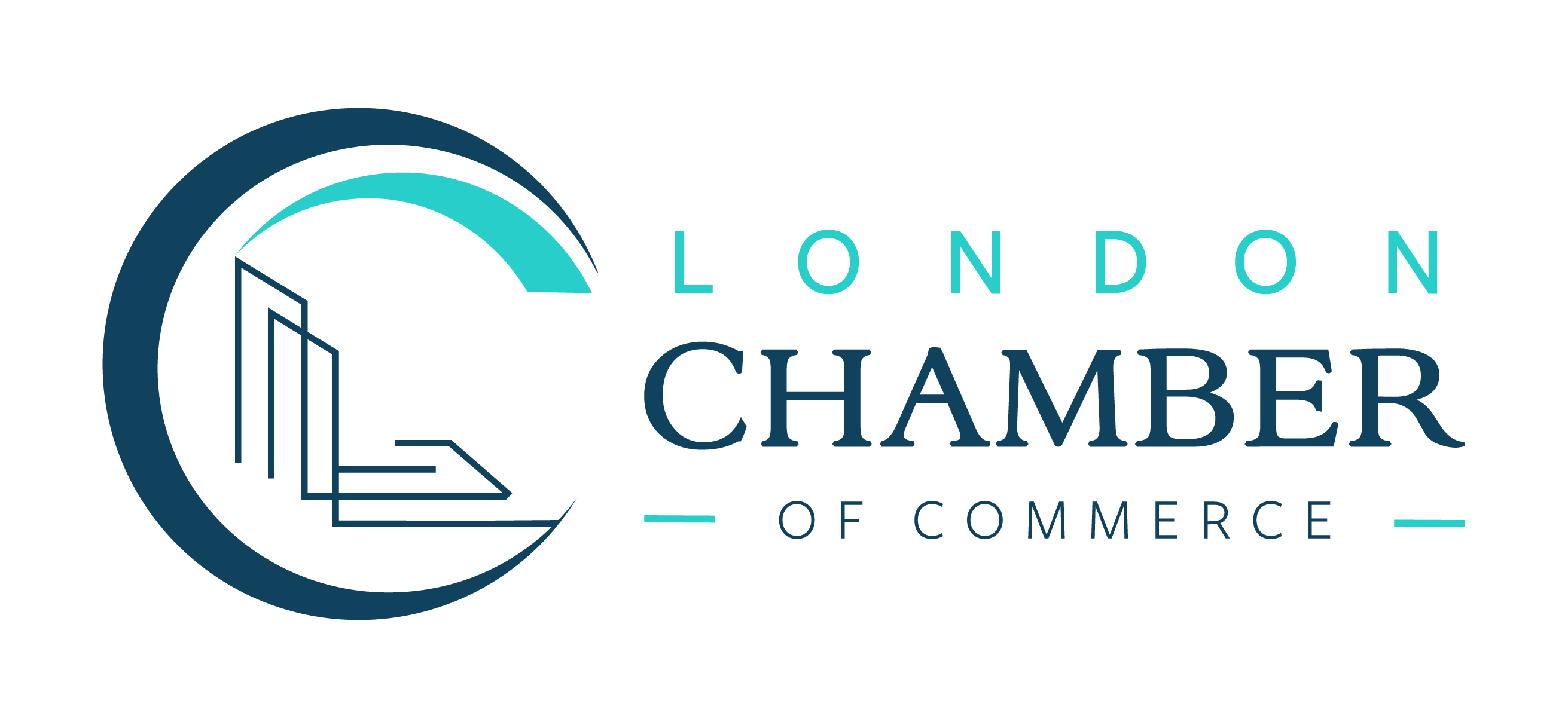
In the vast landscape of manufacturing, mold making is fundamental, shaping industries with precision, ingenuity, and skill. From the automotive sector to consumer goods and beyond, mold makers transform raw materials into the products we rely on daily. Indeed, they are the architects behind the objects that shape our world. The people who make things that make things!

Understanding Mold Making:
Mold making is a specialized manufacturing process that involves the creation of molds or tooling used to shape raw materials into specific forms. These molds are integral to producing a wide array of products, ranging from intricate components to everyday items. Operating at the core of various sectors such as automotive, consumer goods, aerospace, electronics, and medical devices, mold making fuels innovation and drives progress.
Crafting molds requires a sophisticated blend of material science, engineering expertise, and precision techniques. Mold makers collaborate closely with designers, engineers, and manufacturers to ensure that the molds align with specifications and quality benchmarks. This attention to detail is instrumental in producing top-notch products that cater to diverse industries and consumer needs.
Types of Mold Making:
Injection Molding: One of the most prevalent mold making techniques is injection molding, where molten material is injected into a mold cavity. This process involves a series of steps, from blueprint design to material selection, advanced machining, component assembly, testing, and ultimately production. The result is the creation of plastic products with remarkable precision and consistency.
Die Casting Mold Making: This specialized process centers on injecting molten metal into a mold cavity under high pressure, producing intricate metal components used across industries. Design, material selection, precision machining, mold assembly, heat treatment, and testing form the cornerstone of die casting mold making, facilitating the creation of complex metal parts.
Blow Molding: The blow molding process creates hollow plastic products like bottles and containers. It involves extruding melted plastic into a mold cavity, allowing it to expand and take the desired shape. The resulting part is then cooled, solidified, and carefully inspected for quality.
Compression Molding: Employed for intricate parts, compression molding involves preparing raw materials, creating a mold, and applying heat and pressure to shape the material. The process is used to manufacture a diverse range of products, from automotive components to aerospace parts.
Rotational Molding: Also known as rotomolding, this method produces hollow, seamless plastic parts with complex shapes. The process includes loading plastic resin into a mold, heating and rotating the mold to achieve uniform coating, cooling to solidify the plastic, and demolding the finished product.

Industries Impacted:
Mold makers provide their expertise and products to a wide range of industries, contributing to the creation of various products that we encounter in our daily lives. Mold makers are vital and essential to many industries. Some of the key industries that rely on mold makers include:
Automotive Industry: Mold makers supply components for vehicles, including interior and exterior parts, precision-engineered components, and more. From dashboard panels to engine components, mold makers play a critical role in shaping the automotive sector.
Consumer Goods: Everyday items like kitchen appliances, electronics, toys, and packaging rely on mold makers to produce their components. Mold makers help create the diverse array of products that enhance our daily routines.
Aerospace Industry: Mold makers contribute to crafting cabin interiors, structural elements, lightweight composite materials, and more for the aerospace industry. These components are essential for aircraft construction and performance.
Healthcare and Medical Devices: Mold makers produce molds for medical instruments, diagnostic tools, packaging for pharmaceutical products, and even prosthetics. The precision required in the healthcare sector relies on their expertise.
Packaging Industry: Containers, bottles, caps, and packaging materials are produced using molds. Mold makers help create the functional and visually appealing packaging solutions we use for various products.
Electronics Industry: The electronics sector benefits from mold makers in the production of casings, connectors, and components for devices like smartphones, computers, and other electronic products.
Industrial Machinery: Mold makers supply components used in various industrial machinery and equipment, contributing to the manufacturing and operation of different industrial processes.
Construction and Building Materials: Mold makers contribute to creating components used in construction, including decorative elements, panels, and other building materials.
Furniture Industry: From intricate designs to functional components, mold makers provide the molds necessary for producing furniture pieces of various shapes and sizes.
Sporting Goods: Mold makers contribute to the production of sports equipment such as helmets, protective gear, and other accessories used in various sports and outdoor activities.
Toy Industry: Molds play a key role in creating the diverse range of toys available in the market, from action figures to board game pieces.
Energy and Utilities: Mold makers provide components for energy-related industries, including renewable energy solutions, power generation, and utilities.
These are just a few examples of the industries that rely on mold makers to create components, parts, and products. The diverse applications of mold making demonstrate its significance in shaping various sectors and ensuring the availability of a wide range of products that enrich our lives.
Key Industry Statistics:
The mold making industry is a robust contributor to Canada’s economy, experiencing a consistent annual growth rate of approximately 2-3%. In 2020, the industry generated a staggering $1.5 billion in revenue.
Notably, more than 70% of Canadian-produced molds are exported globally, emphasizing the industry’s competitiveness on the international stage. This thriving sector provides employment opportunities for highly skilled professionals, including mold designers, engineers, and CNC machinists. Mold making represents a cornerstone of advanced manufacturing, with investments in automation and innovative technologies charting its future path.
Mold making holds a pivotal role in the manufacturing sector, creating the products that influence everyday life. Through diverse molding techniques, a wide-ranging industry presence, and notable growth, mold makers continue to shape the path of manufacturing, representing innovation and advancement. The Canadian Association of Moldmakers are proud to represent the people who make things that make things!







